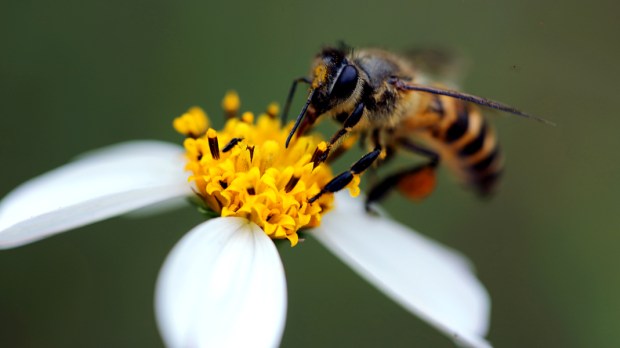For nearly 2,000 years, the bees responsible for mothering nearly all of the bees in a particular hive were mistakenly termed “king bees,” and the Twitter users at Ask An Entomologist are here to tell us why.
Though generally upholding the ideals of facts and objectivity, even the world of science is never free from personal and societal biases. And one of the most obvious places we find this is in the names scientists have chosen to christen their findings. What we now call “worker bees” were once termed “slaves” because they were named at a time when slavery was common and acceptable.
Even as early as the time of Aristotle, it was widely hypothesised that the largest bee in the hive acted as a leader or ruler in some way, behaviorally and reproductively. However, because Aristotle, among others, viewed reproduction as a primarily masculine initiative, he assumed that these bees must be kings — not queens.
Even after scientists had observed the bees laying eggs and subsequently realized they were female, the name still stuck and their femininity went unacknowledged.
Moving on through the middle ages, the name 'king' kind of stuck because biological sciences were stuck on Aristotle's ideas for a very long time.
— Ask An Entomologist (@BugQuestions) January 20, 2018
Beekeepers *knew* the queens were female; they were observed laying eggs…but their exact role was controversial outside of them.
So how did these ladies finally get their due?
The exact work which popularized the (scientifically accurate) idea of the honeybee as a female-led society was The Feminine Monarchy, by Charles Butler.
— Ask An Entomologist (@BugQuestions) January 20, 2018
However, I'd argue this lady also played a role: pic.twitter.com/yHhVUeNJgN
Entomologist Charles Butler published The Feminine Monarchy in 1609, and Ask An Entomologist theorizes that living under Queen Elizabeth for most of his life influenced Butler’s acknowledgment of the honeybee matriarchy.
Butler was the first to change “king” bees to “queen” bees, and history hasn’t looked back.
It still took the influence of biologist Jan Swammerdam and beekeeper Francois Huber to figure out how bees actually mate and thus finalize the theory. But you can check out the full story here.
In the end, the moral of the story is that no human endeavor is without bias and cultural assumptions, and the standards to which we hold ourselves today will influence the information others inherit from us tomorrow.
…and in science, this is exactly why we need social justice.
— Ask An Entomologist (@BugQuestions) January 20, 2018
We need it so we can change attitudes, and adopt new findings into usable technologies.

Read more:
How the feminine genius can save the world

